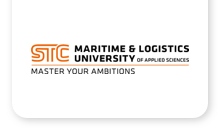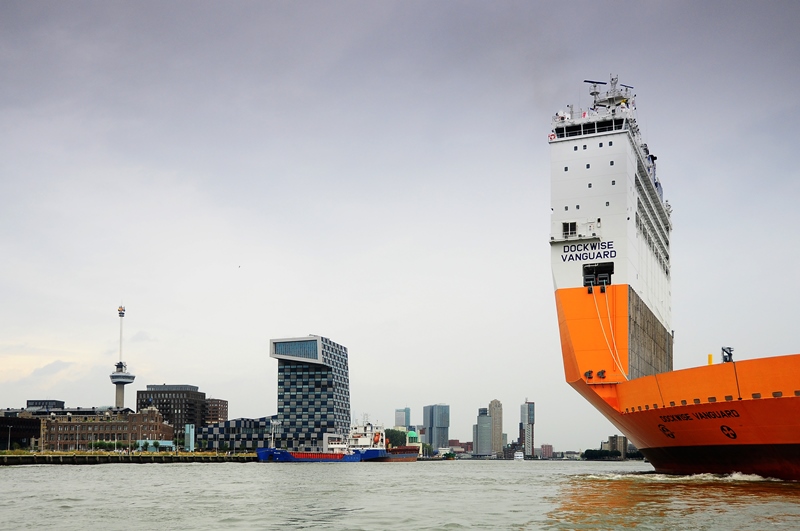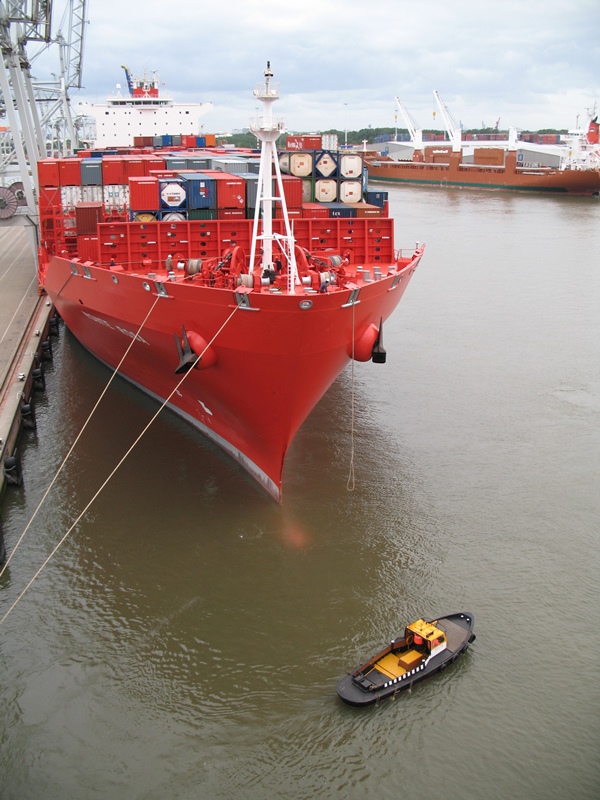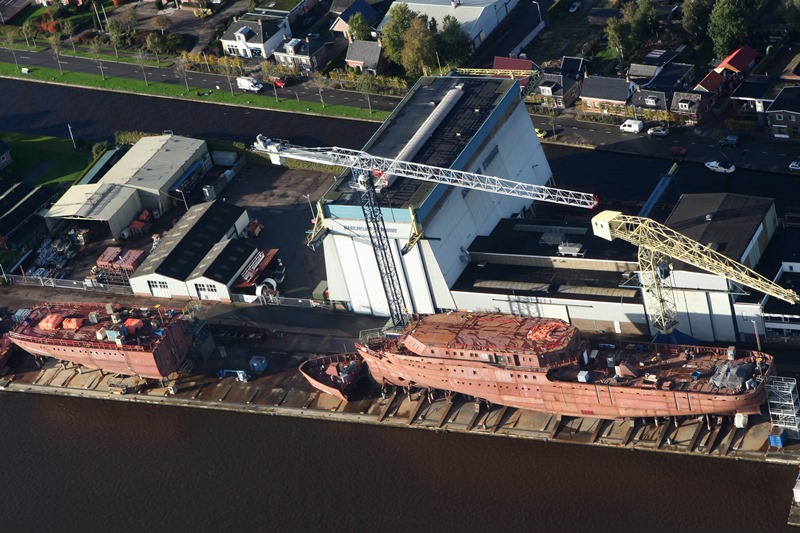Shipping Management
The Master topic Shipping Management consists of the following subjects:
Introduction to Shipping Management
These courses are the introduction to the MSc. Main subjects of the global transportation system are explained, such as transport chain players, multimodal, intermodal and combined transport, anatomy of shipping and ship operations.
Shipbroking and Chartering
This course addresses all relevant technical, commercial and financial aspects in an international context. Important subjects that will be discussed in this course are: shipbroking markets, laytime, demurrage, charter parties, pricing, contracts and obligations of carriage of goods by sea.
Corporate Maritime Management and Strategies
The shipping industry tends to be different from other industries because of its true global nature of the business, its capital intensity, its high sensitivity to economic upswings and downturns, its typical organisation and ownership structures and its sensitivity to geopolitical forces. In this changing and extremely competitive international context, strategic options of maritime operators appear to be even more complex.
Corporate Maritime Management and Strategies aims to provide students with a comprehensive understanding of today’s shipping industry and its sub segments, as well as an understanding on how to create insights into the market structures and drivers of competition.
Marine Engineering
The main objective of the course is to provide the student with a fundamental understanding of marine engineering, with an emphasis on total ship propulsion concepts. In this perspective, the different types of modern marine propulsion plants will be discussed, their outlines, appliances and economics. The student will get an overall view and understanding of how the key figures of the propulsion plant are to be determined.
This course will enable participants to make their choices in a reflected and holistic manner and inspire change and innovation in organisations through human resources management. In addition, it will provide background on how to manage and develop human capital in shipping companies. A proper human development policy is essential for running a good and effective business. Specific attention is given to crewing and manning aspects, such as the supply and demand of seafarers, labour conditions and the effect of cultural differences on board.
Business of Shipbuilding, Sale and Purchase
This course gives the student an overview of the relevant parties, principles and policies regarding shipbuilding, sale and classification.The course will give background information on the Principles of Shipbuilding and Financing and will zoom into the possible finance structures – processes and procedures relating to a loan and mortgage agreement. The student will learn about the management of shipbuilding from a shipowner’s perspective, how to choose a shipyard and how to manage the marine equipment suppliers and subcontractors.
Fleet Management
This module gives the student a sound introduction to the relevant stakeholders and policies regarding fleet management and the market possibilities for outsourcing and the contracts used. The working environment of a fleet manager is complex, with all shipping institutes, regulatory bodies and related organisations. At the end of the course the student will know which of the organisations are important and where the information can be found. The whole maintenance and technical management process will be handled, including the system support functions, followed by all crewing issues. An important aspect in the course will be all safety, health and environmental management issues. The ISM system will be explained and discussed.



